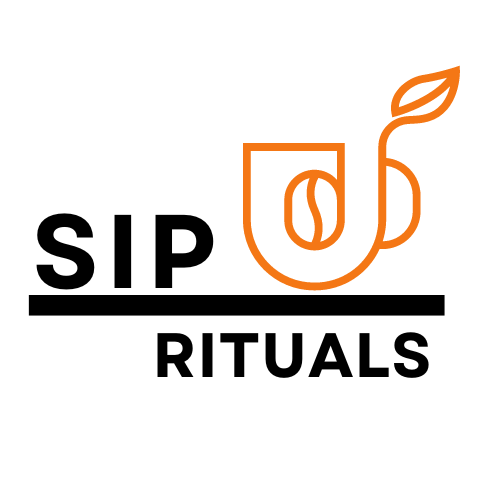Caffeine Content and Beyond
For many of us, coffee is a daily ritual, and the choice between light and dark roast arabica coffee can be a tough one. Beyond flavor, one significant factor that often tips the scale in this battle of beans is caffeine content. In this blog post, we'll dive into light and dark roast arabica coffee, compare it to espresso, cold brew, and explore how it stacks up against other caffeinated beverages, including teas and sodas.
Light Roast vs. Dark Roast Arabica Coffee

Light roast arabica coffee is known for its bright, acidic, and fruity flavors. It's often described as having a more nuanced taste, with notes of citrus and floral undertones. Contrary to popular belief, light roast coffee beans actually contain slightly more caffeine than dark roast beans per gram. However, because they are denser, dark roast beans yield more caffeine per scoop.
Dark roast arabica coffee is famous for its bold, rich, and smoky flavors. It tends to have a heavier, roasted taste with hints of chocolate and nuttiness. Dark roast beans lose a bit of caffeine during the prolonged roasting process, but their strong flavor often makes them seem more potent. However, they have slightly less caffeine per gram compared to light roast beans.
Espresso vs a cup of coffee
When it comes to coffee, espresso has earned a reputation for packing a caffeine punch that seems to surpass that of a regular cup of coffee. But is this widely-held belief rooted in fact, or is it more of a caffeine misconception? Let's dive into why people tend to think that espresso is stronger in caffeine content.
One of the primary reasons people associate espresso with higher caffeine levels is the concentrated flavor. Espresso is made by forcing hot water through finely-ground coffee beans in a short amount of time, resulting in a small but highly concentrated shot of coffee. This intense flavor might lead people to believe that it's packed with more caffeine.
When you compare espresso to brewed coffee on a per-ounce basis, espresso isn't necessarily the winner. A single ounce of espresso contains about 63 milligrams of caffeine on average, while brewed coffee typically contains 12-16 milligrams per ounce. This means that if you were to drink the same volume of both, a cup of coffee would likely provide more caffeine.
Cold Brew vs. Hot Coffee
Cold brew coffee is known for its smooth, less acidic taste, making it a favorite among those with sensitive stomachs Cold brew is typically brewed as a concentrate and then diluted with water or milk. This means it can have a higher caffeine content per ounce, but a typical serving may have similar or slightly less caffeine than hot coffee. Cold brew coffee, packs a more significant caffeine punch due to its concentrated nature, making it a choice for those who need an extra jolt of energy.
Comparing Caffeine Content Across Different Beverages
Let's put the caffeine content of hot coffee, cold brew, and other popular beverages into perspective with the following chart
- Light Roast Coffee Approximately 60-80 mg
- Dark Roast Coffee Approximately 60-80 mgCold Brew
- Black Tea Approximately 40-70 mg
- Cola (Soda) Approximately 30-46 mg
- Energy Drinks Approximately 70-200 mg
- Iced Coffee Similar to hot brewed coffee
- Espresso Approximately 63 mg per 1 oz shot
- Chocolate Milk Approximately 5-10 mg
- White Tea Appoximately 15-30 mg
- Green Tea Approximately 20-45 mg
- Matcha Tea Approximately 40-70 mg
- Oolong Tea Approximately 30-50 mg
- Black Tea Approximately 40-70 mg
When it comes to choosing between light and dark roast arabica coffee, there's not much of a difference. Cold brew coffee, on the other hand, packs a more significant caffeine punch due to its concentrated nature, making it a choice for those who need an extra jolt of energy.
Flavor, acidity, and personal preference also play significant roles in the decision-making process. Additionally, be mindful of your overall caffeine intake, as it can vary widely across different beverages and affect individuals differently. So, whether you're sipping on a soothing tea or savoring a strong cup of coffee, enjoy your beverage!

